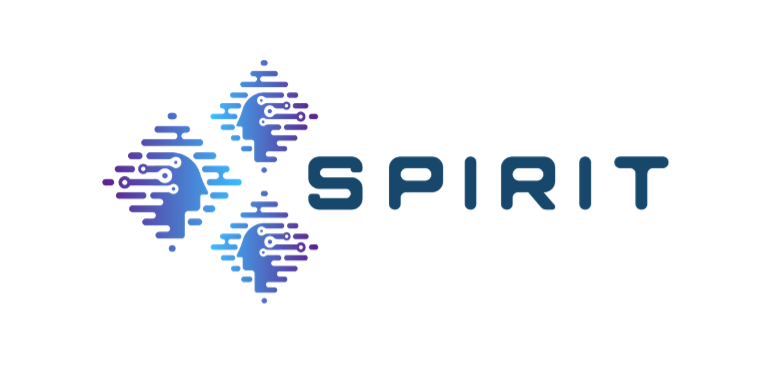The 15th ACM Multimedia Systems Conference (Technical Demos)
15-18 April, 2024 in Bari, Italy
Hadi Amirpour (AAU, Austria), Mohammad Ghasempour (AAU, Austria), Lingfen Qu (Guangzhou University, China), Wassim Hamidouche (TII, UAE), and Christian Timmerer (AAU, Austria)
The optimization of video compression and streaming workflows critically relies on understanding the video complexity, including both spatial and temporal features. These features play a vital role in guiding rate control, predicting video encoding parameters (such as resolution and frame rate), and selecting test videos for subjective analysis. Traditional methods primarily utilize SI and TI to measure these spatial and temporal complexity features, respectively. Moreover, VCA has been introduced as a tool employing DCT-based functions to evaluate these features, specifically E and h for spatial and temporal complexity features, respectively. In this paper, we introduce Enhanced Video Complexity Analyzer(EVCA), an advanced tool that integrates the functionalities of both VCA and the SITI approach. Developed in Python to ensure compatibility with GPU processing, EVCA enhances the definition of temporal complexity originally used in VCA. This refinement significantly improves the detection of temporal complexity features in VCA (i.e., h), raising its Peasrson Correlation Coefficient (PCC) from 0.6 to 0.77. Furthermore, EVCA demonstrates exceptional performance on GPU devices, achieving feature extraction speeds exceeding 1200 fps for 1080p resolution videos.













